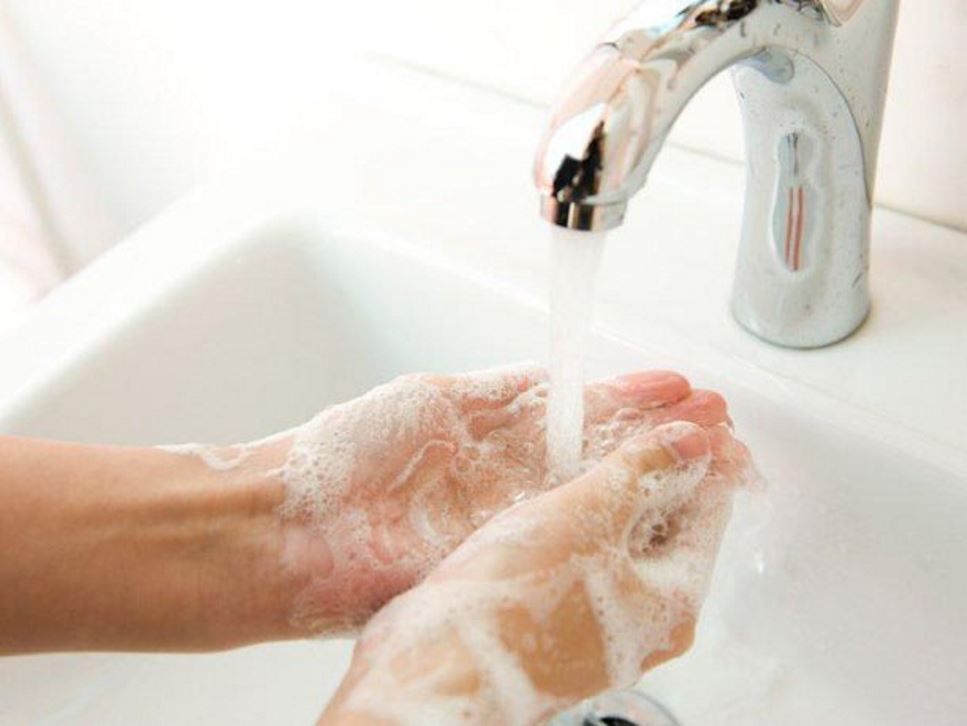Proper handwashing has the power to reduce food poisoning and significantly reduce the spread of the common cold, flu and other viruses. Help keep yourself and those around you healthy with some tips on scrubbing up.
How to Wash Your Hands
- Wet hands with clean, running water and apply soap. Water can be warm or cold. Make sure to wash your hands front and back, up to your wrists, between fingers and under fingernails.
- Take at least 20 seconds to wash your hands — about the time it takes to sing two choruses of "Happy Birthday."
- Dry hands with disposable paper towels, clean cloth towels or air dry.
When to Wash Your Hands
Always wash hands before handling, preparing or eating food, including when feeding others.
Hands also should be washed after you:
- Prepare or handle raw foods such as poultry or other meats and seafood
- Switch food preparation tasks, such as working with raw meat then cutting vegetables
- Handle egg products
- Use the restroom
- Handle garbage or dirty dishes
Other situations that indicate hands should be washed include:
- Changing a diaper
- Coughing or sneezing
- Smoking
- Touching animals or other people
- Touching your hair or body or any open cuts or sores
- Using the phone
- Handling dirty laundry
Find a Nutrition Expert
Looking for credible nutrition information and recommendations? The Academy of Nutrition and Dietetics' network of credentialed food and nutrition practitioners are ready to help!

